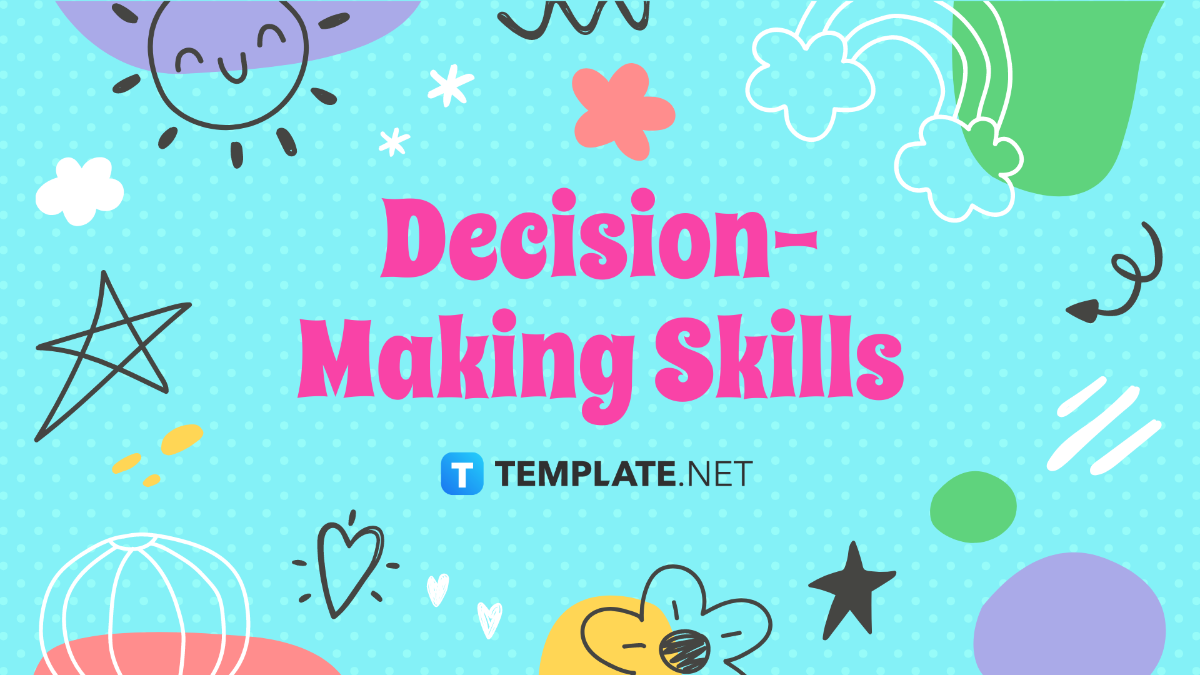Decisions, Selections: Unleashing Your Hidden Decision-Making Self
Within a world filled with choices, the ability to take decisions efficiently is more crucial than ever. Ranging from everyday situations such as deciding what to eat for dinner to critical situations such as career transitions or financial investments, our decision-making skills shape the path of our lives. Yet, many discover themselves grappling with uncertainty, questioning their decisions or, worse, facing indecision by analysis. The good news is that becoming proficient in the art of effective decision-making is a capability anyone can develop.
In this article, we will explore proven techniques to enhance your decision-making abilities, investigate the psychology behind great decisions, and discover the role of intuition and analytical thought. Whether you're confronting stress in a professional environment or need to maneuver through personal dilemmas, knowing how to create well-informed and self-assured decisions can enable you to take charge of your life. Join us as we unpack the strategies that can help you make wiser choices and avoid the pitfalls that lead to regret.

Strategies for Improved Decisions
One strong technique for effective decision-making is to establish a defined framework that helps evaluate options systematically. Start by recognizing the challenge you need to solve, then assemble pertinent information about available choices. Use resources like advantage and disadvantage lists or decision matrices to evaluate the pros and disadvantages of each option. This structured approach not only illuminates your thoughts but also helps you stay neutral, reducing sentimental influence that can cloud judgment.
Another crucial aspect is to engage in the skill of mindfulness. Taking a short time to pause can significantly boost the quality of your decisions. Mindfulness encourages you to be present in the moment, allowing you to declutter your mind of noise and focus on the decision at hand. By training yourself to pause and evaluate your feelings and thoughts, you can make more intentional and considered choices that correspond to your values and goals.
Finally, involving others in the decision-making process can improve the results. Partnering with team members or seeking advice from reliable individuals encourages diverse perspectives and insights. This collective effort can lead to a more holistic understanding of the options available. However, make sure to manage this process well to avoid getting lost in debates, which can lead to paralysis by analysis. Striking a balance between collective input and decisive action is key to making reasonable decisions.
Grasping Decision Processes Psychology
Decision-making is profoundly rooted in the study of the mind, influencing how we process information and approach choices. Our tastes, experiences, and mental shortcuts shape our choices, often in ways we may not even be aware of. For instance, a tendency to seek information that confirms our beliefs leads us to select information that matches with our preexisting beliefs, possibly clouding our decision-making. Acknowledging these psychological influences is key for developing effective decision-making skills.
Emotional intelligence has a significant role in our decision processes methodologies. Our feelings can lead us toward particular choices while moving us away from others. Understanding our feelings allows us to balance feelings with logical reasoning. This balance can improve our ability to make wise decisions, especially in stressful situations where clarity and composure are vital.
Comprehending the psychology behind decision-making also entails acknowledging the impact of uncertainty. Many persons struggle when faced with vague outcomes, leading to inability to decide. By training ourselves to accept uncertainty and relying on strategic approaches, we can grow more adept at maneuvering through complex choices. This method not only fosters confidence but also promotes a more proactive mindset in decision-making contexts.
Overcoming Ambivalence and Boosting Confidence
Ambivalence can sometimes stem from fear of having the wrong choice, resulting to inhibition by overthinking. To overcome this mental block, it is crucial to change your attention from possible mistakes to possibilities for growth. Start by recognizing that no choice is set in stone; every choice offers important lessons, regardless of the result. Embrace the idea that making decisions is a talent that can be improved. By reminding yourself that it's common to feel unsure, you can reduce stress and increase your willingness to act.
Developing self-confidence in your decision-making abilities requires training and self-assessment. Establish a routine for reviewing past decisions, both favorable and unfavorable. Examining these events helps you discover trends in your cognition and recognize what worked or was not effective. Furthermore, establishing small, achievable goals can enable you to make choices more promptly. Each good decision, no matter how insignificant, contributes to a growing sense of confidence and certainty in your choice-making abilities.
Finally, boosting confidence means positively seeking assistance and feedback from trusted peers or guides. Getting involved in honest discussions about your issues can provide different perspectives and options you may not have earlier thought of. Remember that seeking advice is a power, not a drawback. Incorporating these habits into your daily activities builds a encouraging environment that promotes decisive action while reducing the anxiety of loss. In https://rentry.co/eni793gx , enhancing your decision-making confidence comes from a mix of personal assessment, rehearsal, and joint feedback.